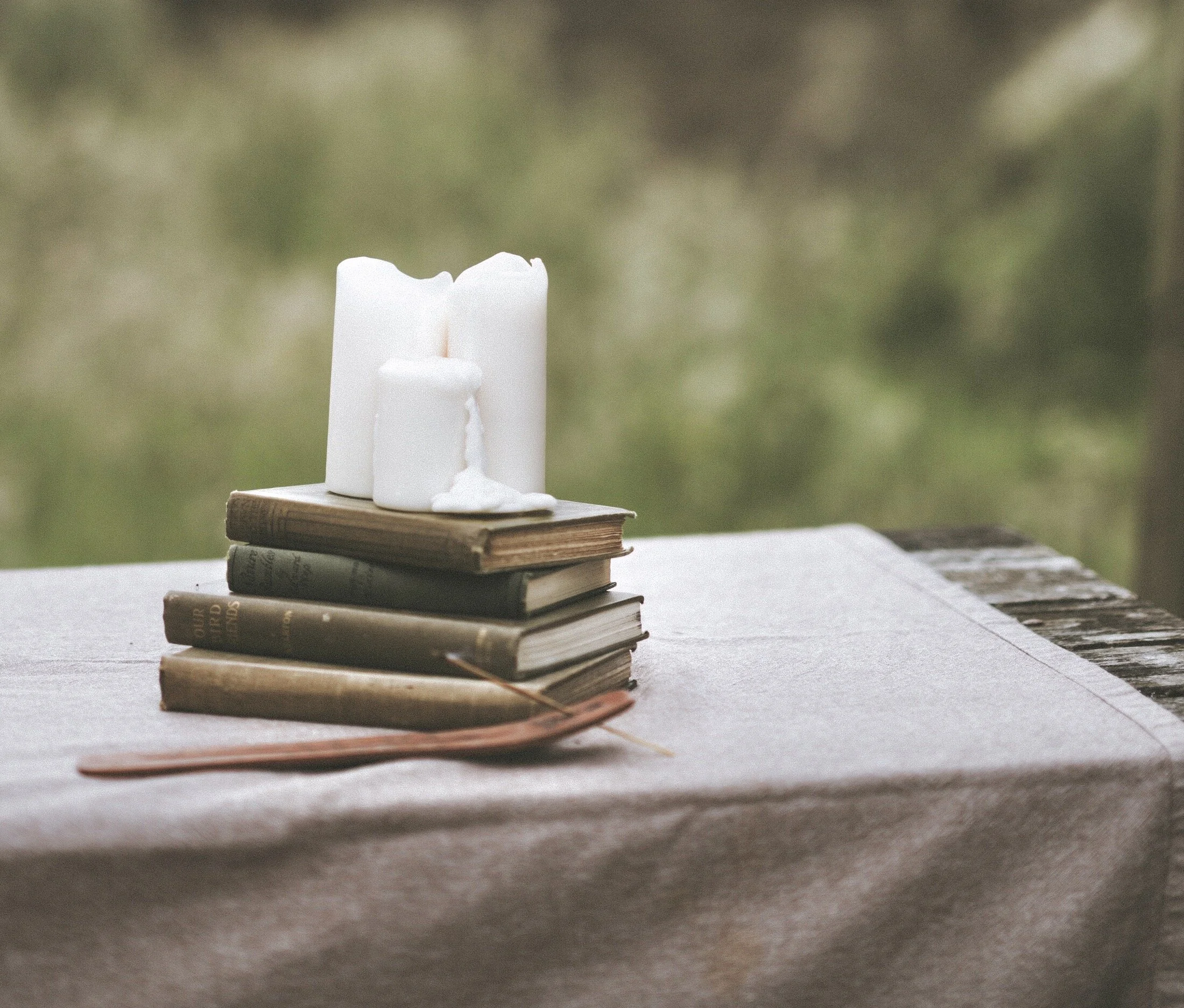Receiving the Day
… when we woke, we knew that “God Is.” Truly he was the One who “woke us up and started us on our way.”
– Barbara Peacock, Soul Care in African American Practice
I struggle with mornings. It’s a thing. Nary does a day dawn without my waking with inexplicable dread and a longing to slip back into unconsciousness. I credit this to being a night owl who has somehow landed in professions (operating, parenting) that involve early hours. Mornings mean work: prying myself up to face a litany of chores and obligations. The day is something I must force myself to begin.
We are conditioned to think of the day as beginning when we do. Our lives center around our consciousness, our efforts and fears and concerns. We begin the day waking into the tasks we must face, the space we must fill. We wake into mornings with the aftereffects of yesterday still lingering about us, and the unknowns of tomorrow looming before us.
It is interesting, then, to notice that in Genesis, a day begins at dusk. “And there was evening and there was morning, the first day … And there was evening and there was morning, the second day … And there was evening and there was morning, the third day” (Genesis 1:5, 8, 13)—and so on. The hymn of creation contains the chorus of days that begin not at dawn but at dusk.
Perceiving day’s beginning at the darkening point teaches us something important about who we are as human beings. Eugene Peterson writes, “The Hebrew evening/morning sequence conditions us to the rhythms of grace. We go to sleep, and God begins his work.” This is the rhythm of salvation: that we are not the ones who run the world, but who step into the work God is already doing. The day begins when we go to sleep and get out of the way. And when we wake, the day has already begun.
The day, then, is not something we begin so much as receive.
What does it take to receive? Receiving is not something we are necessarily taught. It is not the same thing as doing or making. Receiving means seeing something as a gift, and seeing someone as a giver. In this world that runs so much on meritocracy and achievement, it takes a certain purity of attention to see that gift and its giver. Receiving takes emptiness, the setting aside of burdens and preconceptions that so easily clutter our mind and emotions. It takes setting aside ourselves and our labors as the center of our worlds. Annie Dillard writes, “Experiencing the present purely is being emptied and hollow. You catch grace as a man fills his cup under a waterfall.”
I don’t think I’ll ever be one of those people that wake up singing with the birds. But to wake up without the crushing sense of all I have to do—to wake up aware that the day is one God has made and given, not one I have to make and get through—to receive the day: that I would like to do.






